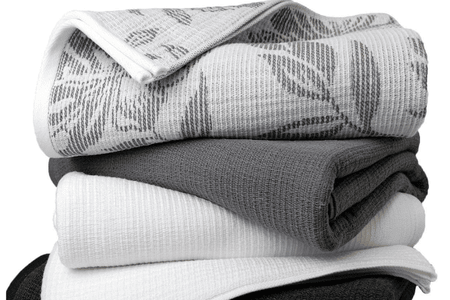
Post GST, cheaper imported apparel likely to increase
YarnsandFibers News Bureau 2017-07-04 17:00:00 – LudhianaThe industrial hub of Ludhiana is apprehensive that post-GST, there will be an increase in imports from countries such as Bangladesh and China, where the cost of manufacturing is lower due to the availability of cheaper labour. This cheaper imported garments will negatively impact the Indian Textile and Apparel Industry.
In the case of apparel imports, the government had earlier levied the Special Additional Duty (SAD) as a protection for the domestic players. With the GST, this duty protection stands removed and imported garments would be 5-6 per cent cheaper, sources said.
Prior to the GST, the countervailing duty included six percent excise duty on cotton and 12.5 percent with Cenvat credit on polyester. The optional duty of two percent with abatement of 40 percent on it (i.e. 0.80 per cent) meant effective duty of 1.2 percent without Cenvat credit.
Around 4 percent Special Additional Duty (SAD), along with cess, educational cess and others worked out to 5.5 percent. Prior to the GST, they had duty protection of 5.5 percent from cheap import.
After the GST, all duties have been subsumed in 5 percent of the GST for both domestic manufacturers and importers. This, in effect, means no protection, as both domestic manufacturers and importers will be required to pay the same duty.
The head of the Textile Division, FICO (Federation of Industrial and Commercial Organization), Ludhiana, Ajit Lakra, said that the imported polyester fabric would be cheaper than the made-in-India polyester fabric.
He suggested that the GST on polyester yarn should be brought down from 18 percent to 12 per cent. Further, to protect domestic industry, the government should impose anti-dumping duty.
Ajit Lakra in this connection met Manpreet Badal and hopefully the anomaly would be addressed in the next meeting of the Tax Research Unit (TRU).
Market Intelligence
Ask for free sample Report

experience
Customer Base
dedicated team
Countries Served Worldwide









